In March 2023, Prof. Marek Konarzewski – President of the Polish Academy of Sciences and former Chairman of the Programme Council of PolSCA – appointed a new Programme Council for the Polish Science Contact Agency “PolSCA” of the Polish Academy of Sciences in Brussels for a term of 2023 – 2026.
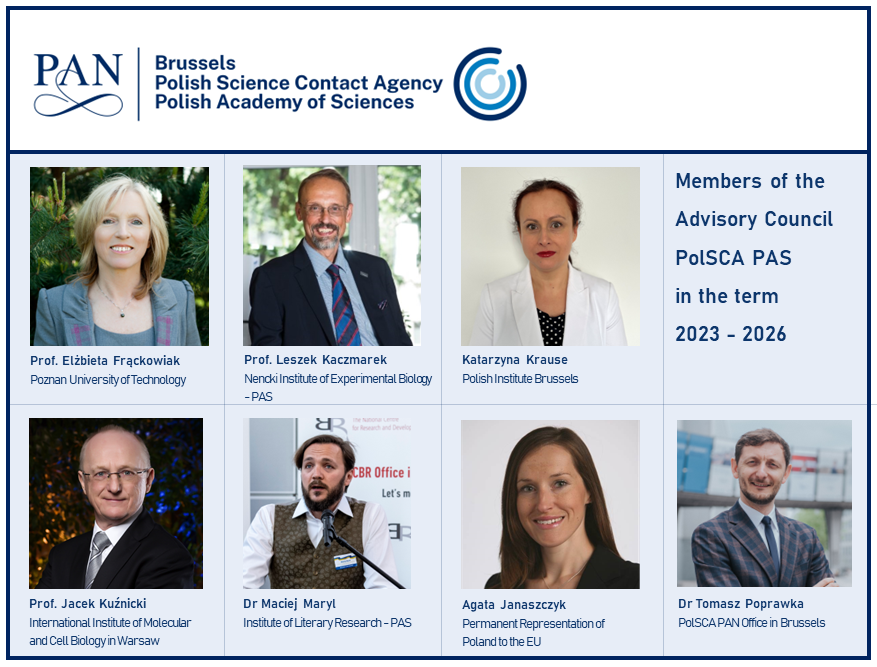
A as of January 17, 2024, based on the request from the Permanent Representation of Poland to the EU, and the decision of the President of the Polish Academy of Sciences, Ms. Agata Janaszczyk has been appointed to the Programme Council of the Polish Science Contact Agency PolSCA replacing Ms. Bogna Regulska.
The Programme Council is an advisory body that offers substantive support and sets the priorities and strategic directions of the station’s activities. Its tasks include giving opinions on plans and reports and submitting opinions and proposals concerning the PolSCA to the PAN authorities.
In accordance with the regulations of the Programme Councils of PAN’s foreign stations, the Council is composed of four representatives of Polish science, a representative of the embassy in the country where the station is based (in the case of the PolSCA Office, these are persons designated by both the Polish Ambassador to Belgium and the Permanent Representative of the Republic of Poland to the EU) and the station director.
The Council meets twice a year and during the meetings the current activities of the Bureau are discussed and further developments are consulted.
The newly appointed Programme Council of the Polish Science Contact Agency PolSCA includes (in alphabetical order):
- Prof. Elżbieta Frąckowiak, Poznan University of Technology;
- Prof. Leszek Kaczmarek, Nencki Institute of Experimental Biology, PAS, Warsaw
- Prof. Katarzyna Krause, Polish Institute in Brussels;
- Prof. Jacek Kuźnicki, International Institute of Molecular and Cell Biology, Warsaw;
- Dr. Maciej Maryl, Centre for Digital Humanities, Institute of Literary Research, Polish Academy of Sciences;
- Agata Janaszczyk, Permanent Representation of the Republic of Poland to the EU in Brussels.
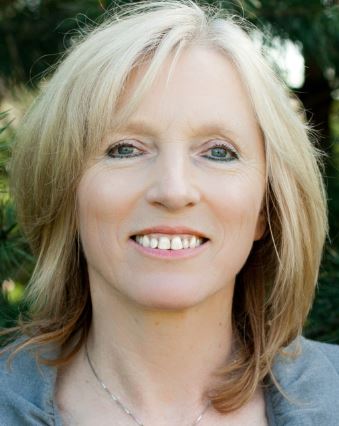 | Prof. Elżbieta Frąckowiak – full professor at the Institute of Chemistry and Technical Electrochemistry, Poznań University of Technology, where she heads the Department of Applied Electrochemistry – Power Sources Group. Her research area is energy storage and conversion with particular focus on electrochemical capacitors, lithium-ion batteries, fuel cells, redox flow batteries and hydrogen electrosorption in carbon materials. She is particularly interested in electrode materials made of nanoporous carbons, carbon nanotubes, carbons enriched in heteroatoms (nitrogen, oxygen), graphene materials, conductive polymers, transition metal dichalcogenides and their composites. In 2011, she was awarded the Prize of the Foundation for Polish Science for her achievements in this field. These issues are particularly important today in the context of achieving climate goals, which is happening in the European Union as part of the far-reaching EU Green Deal and Fit for 55 strategies. Prof. Elżbieta Frąckowiak has been a member of the Polish Academy of Sciences since 2013 and served on the Academy’s leadership as Vice President of the Polish Academy of Sciences from 2015 to 2018. In addition, she sits(s) on the governing bodies of, among others, the National Science Centre, the International Society of Electrochemistry (ISE), the European Carbon Association (as a Pre-nominee from 2013 to 2015), Member of the Executive Committee of EuroCASE and, since 2022, Academia Europaea. She has extensive experience in international collaborations, including numerous externally funded projects, e.g. COST actions, MCA Energy Caps IAPP grant, M.ERA Net or HE EIC Pathfinder grant MacGhyver. |
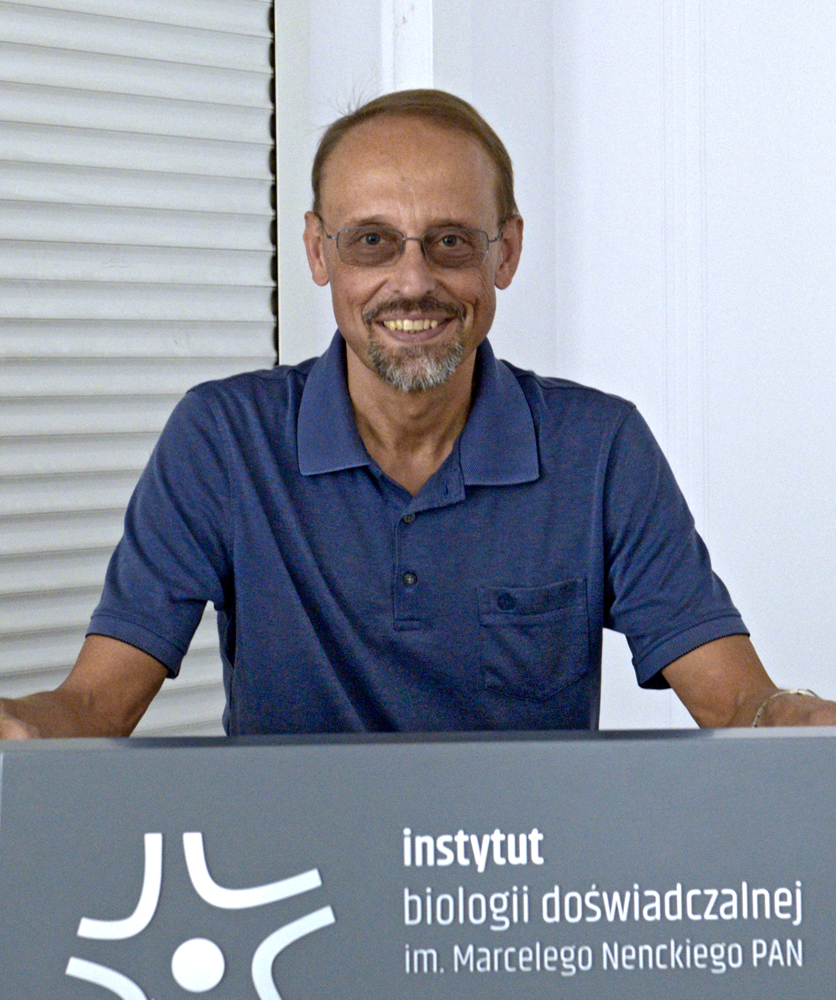 | Prof Leszek Kaczmarek – Professor of neurobiology at the Nencki Institute of Experimental Biology in Warsaw. He completed his postdoctoral training at Temple University in Philadelphia (USA), and has been a visiting professor several times at universities in Catania, Montreal, Los Angeles and Castelldefels. The far-reaching aim of the research of the Neurobiology Laboratory he directs is to understand the brain-mind relationship and, in particular, the localisation in the brain of the activities of the mind and to elucidate their molecular and cellular basis in health and disease. Currently, the main research focus is on an extracellular enzyme (matrix metalloproteinase, MMP-9) which, as documented in his laboratory, plays a very important role in synaptic plasticity and, through this, in learning and memory, the development of epilepsy, schizophrenia, autism spectrum disorders and alcohol dependence. Prof. Leszek Kaczmarek is also very active in the activities of prestigious national and European scientific organisations. He sits on the governing bodies of, among others, the National Science Centre, the Polish Academy of Sciences, the Polish-American Fulbright Commission, the International Society for Neurochemistry, the International Brain Research Organization, the European Molecular Biology Organisation (EMBO), the European Molecular Biology Conference (currently as chairman). He was also recently nominated as a member of the European Research Council (ERC). Prof Kaczmarek is the recipient of numerous prestigious scientific grants and awards, including the Foundation for Polish Science (FNP) award for his research on the effects of various stimuli on gene expression in the mammalian brain (2000), and the Prime Minister’s Award for lifetime achievement (2011). He was awarded the Knight’s Cross in 1998 and the Officer’s Cross of the Order of Polonia Restituta in 2009. |
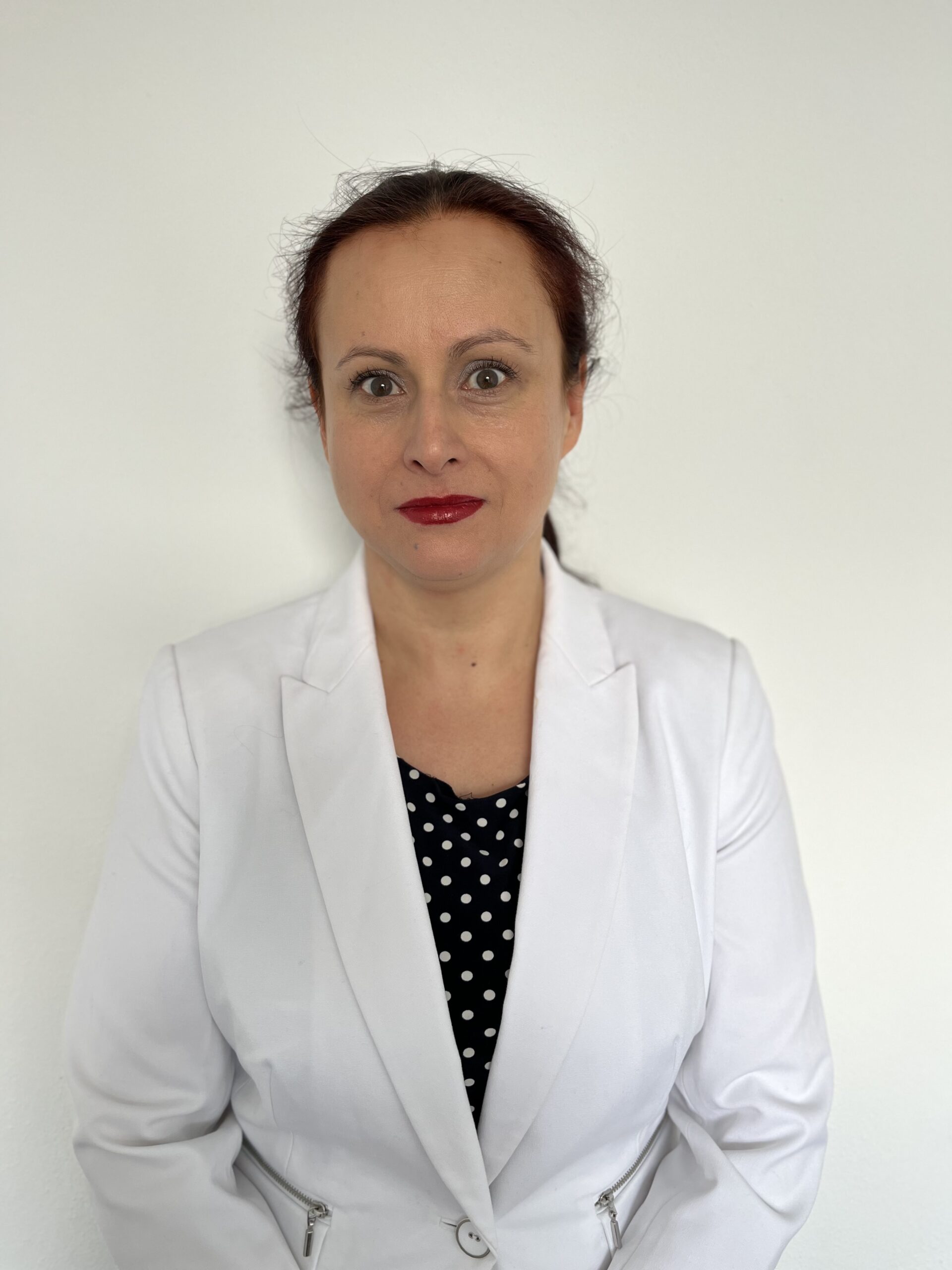 | Katarzyna Krause – Deputy Director of the Polish Institute in Brussels since September 2021, with accreditation in Belgium and Luxembourg. She is a foreign service officer and civil servant, at the Ministry of Foreign Affairs of the Republic of Poland since 2001. She has held positions in the following departments of the ministry: Americas, Public and Cultural Diplomacy, European Policy (most recently – as Head of the Western Europe Department). Twice held positions in the Political Department of the Polish Embassy in London (including – as Head of the Political Department). A graduate of the University of Warsaw (English Philology) and the London School of Economics and Political Science (International Relations), she also holds a diploma from the Chartered Institute of Public Relations in London. Scholarship holder of the British Council and the US State Department. |
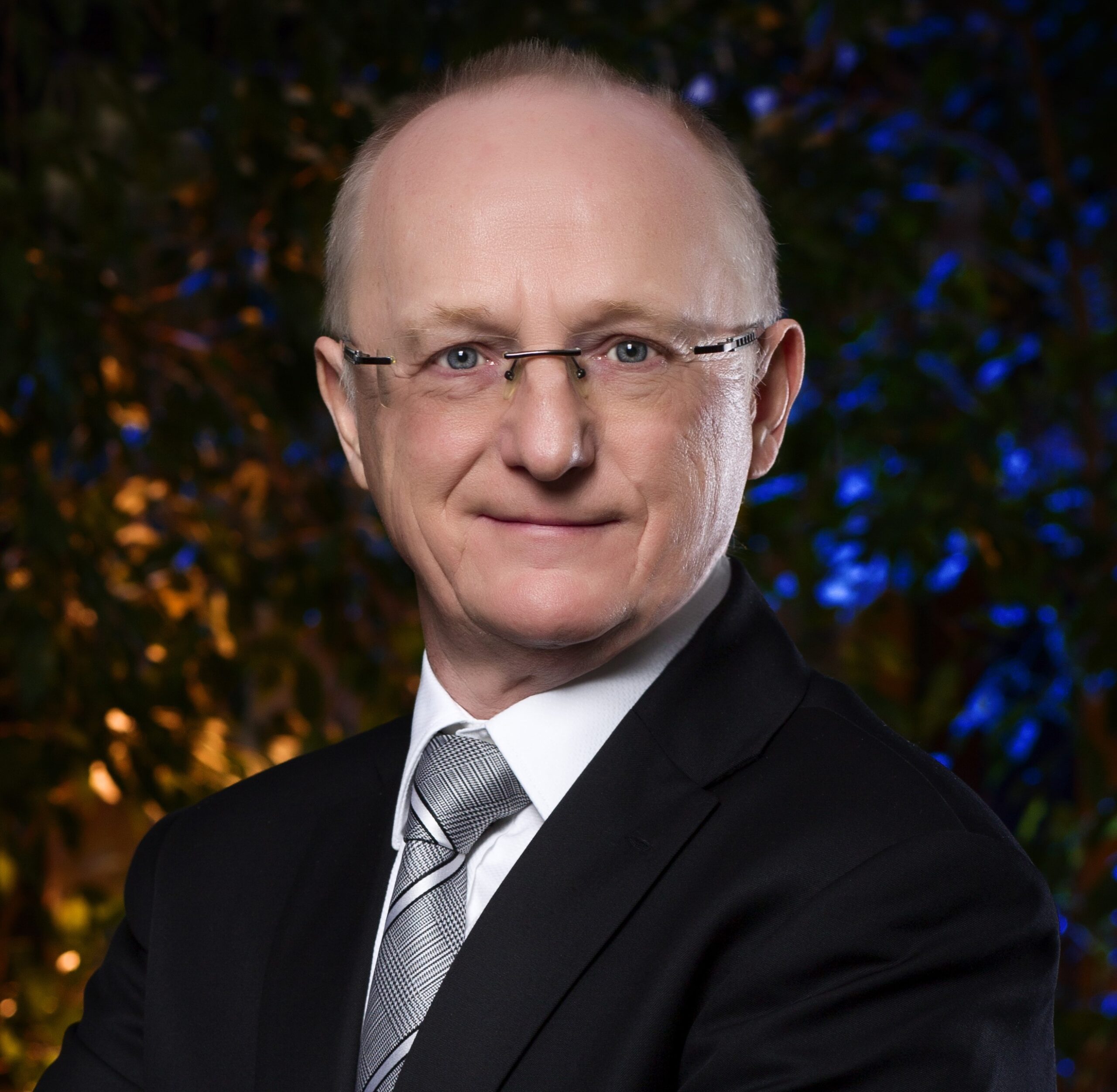 | Prof. Jacek Kuźnicki – for more than twenty years associated with the International Institute of Molecular and Cell Biology in Warsaw. In 1999, he was entrusted as Acting Director to organise MIBMIK (IIMCB), of which he became Director in 2001. Since 2018, he has been Head of the Neurodegeneration Laboratory there. Under his direction, 19 people have defended their PhD thesis and 24 postdocs have worked there. In contrast, 7 former collaborators have formed their own research groups, and 6 others are working in the pharmaceutical industry or conducting clinical research. His research interests focus on neurodegenerative diseases: Alzheimer’s, Parkinson’s and Huntington’s, disorders of calcium homeostasis in neurons. I have co-authored more than 150 scientific articles in international circulation. Prof. Kuznicki has been an organiser and coordinator of major EU programmes, e.g.: Centre of Excellence in Molecular Biomedicine of the 5th Framework Programme (FP); FISHMED under FP6; and the recent MOSaICS ERA Chair under Horizon 2020. As a laboratory and/or institute, he has been a partner in a number of European projects. It has also implemented numerous national grants: KBN, MNiSW, NCBR and NCN. He also has extensive experience as an expert evaluator of grant proposals, in particular in instruments such as Marie Skłodowska-Curie fellowships or Joint Programming on Neurodegenerative Diseases (JPND). He is a reviewer for national and international agencies, such as Portugal’s FCT, Spain’s Lacaixa and France’s ANR. His scientific support activities include membership of a number of scientific societies (including European and international) and advisory committees, e.g. member of the European Commission’s FP7 Advisory Group for Health. Since 2020, he has been a full member of the Polish Academy of Sciences. Member of the Council of the National Science Centre (NCN) from 2018 to 2022, including its Chairman from 2020 to 2022. |
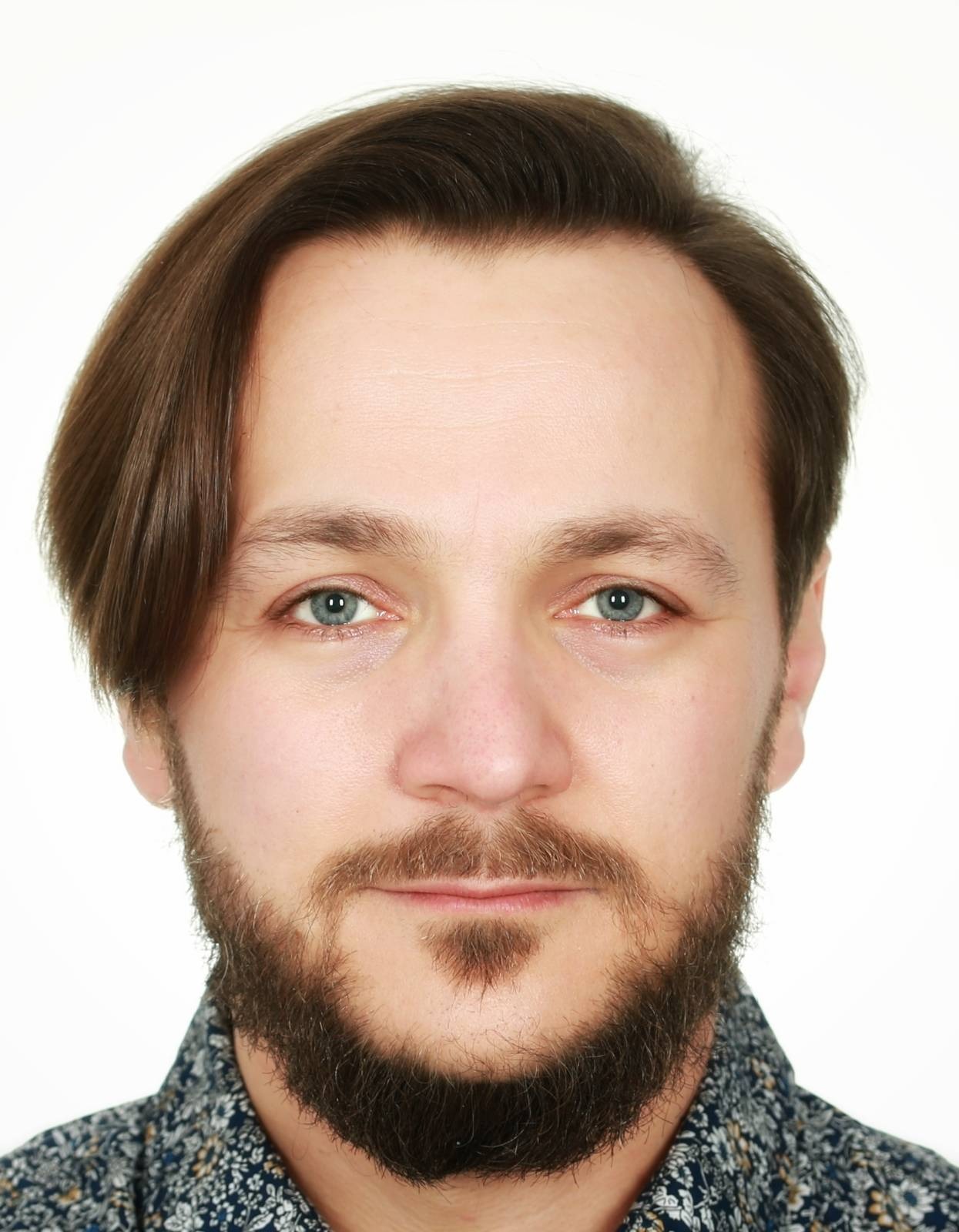 | Maciej Maryl, PhD – founder and head of the Digital Humanities Centre at the Institute of Literary Research PAS (IBL PAN). His main scientific interests include Digital Humanities, Sociology of Literature, Empirical Literary Research, Readership, Literary Theory and Electronic Writing. Fellow of the Ministry of Science and Higher Education, the Foundation for Polish Science and the Polish-American Fulbright Commission (Junior Award in 2010 and Senior Award in 2017). Author of numerous publications, monographs and digital studies. Participant and manager of a number of research projects, funded both from national sources (National Programme for the Development of the Humanities or National Science Centre), but above all from EU funds under the Framework Programmes for Science and Innovation (Horizon 2020 and the current Horizon Europe). In his scientific work, he works at the intersection of the humanities and social sciences (SSH) and information sciences (ICT), particularly in the area of the development of critical research infrastructures in Europe. It successfully acquires and implements numerous grants in the EU Framework Programme for Research and Innovation, including, for example, the construction of the European platform for open publishing GoTriple. In this context, the role of Dr Maryl and the CHC at IBL PAN in cooperation with the European research infrastructures OPERAS, DARIAH, CLARIN and the co-creation of their national offshoots is particularly noteworthy. Dr Maryl has been and continues to be involved in a number of expert and advisory bodies of a pan-European nature, including, from 2019-2022, a member of the National Committee for Cooperation with the European Federation of Academies of Sciences (ALLEA) at the Presidium of the Polish Academy of Sciences, and from 2017 a member of the ALLEA E-humanities Working Group (from 2020 – Chair); more recently – on behalf of OPERAS – he became a member of the Governing Board of the SSH Open Cluster at EOSC. In addition, Dr Maryl has served as Manager (Action Chair) of the COST action CA16213 ‘New Exploratory Phase in Research on East European Cultures of Dissent (NEP4DISSENT)’. It was within this community of researchers that the international initiative Science for Ukraine grew up – in response to the war in Ukraine – which is a great contribution of the Polish scientific community to help the scientific community in Ukraine. |
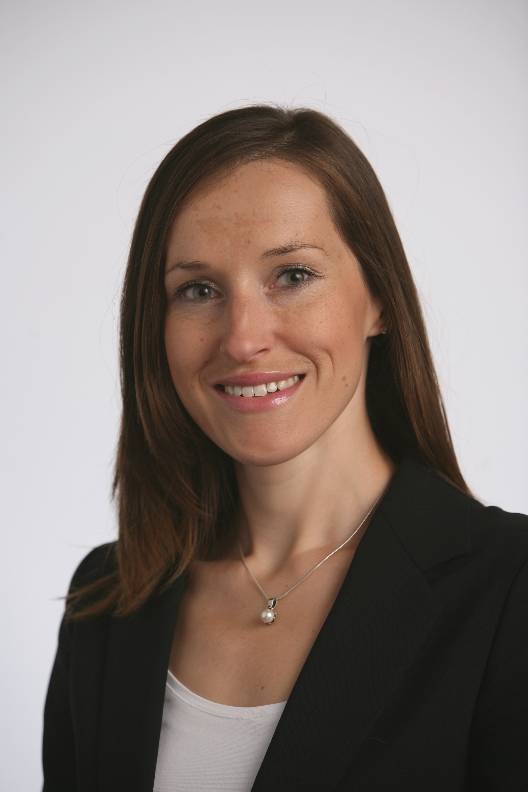 | Agata Janaszczyk – Research Counsellor at the Permanent Representation of the Republic of Poland to the European Union since 2015. She negotiated the Horizon Europe legislative package, the Euratom regulation, and the European Institute of Innovation and Technology among other files. She is a member of the ERA Forum, the ERAC Task Force and the Programme Committee of the PolSCA Office of the Polish Academy of Sciences. She also served at the European Commission’s Directorate General for Research and Innovation, where she was responsible for, among other things, the creation and supervision of European Technology Platforms, the implementation of projects under the 7th Framework Program, the use of non-public funds in scientific research, financial instruments for research and innovation, particularly for SMEs. During Poland’s Presidency of the Council of the EU, she served as Vice-Chairwoman of the Research Working Party and the Joint Research and Atomic Questions Working Party. |


